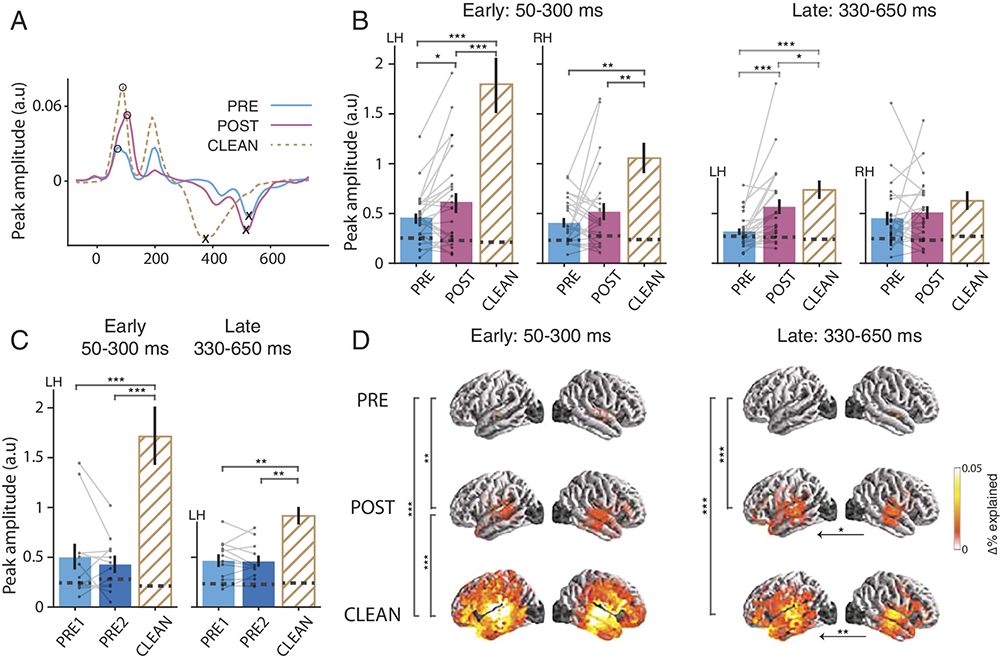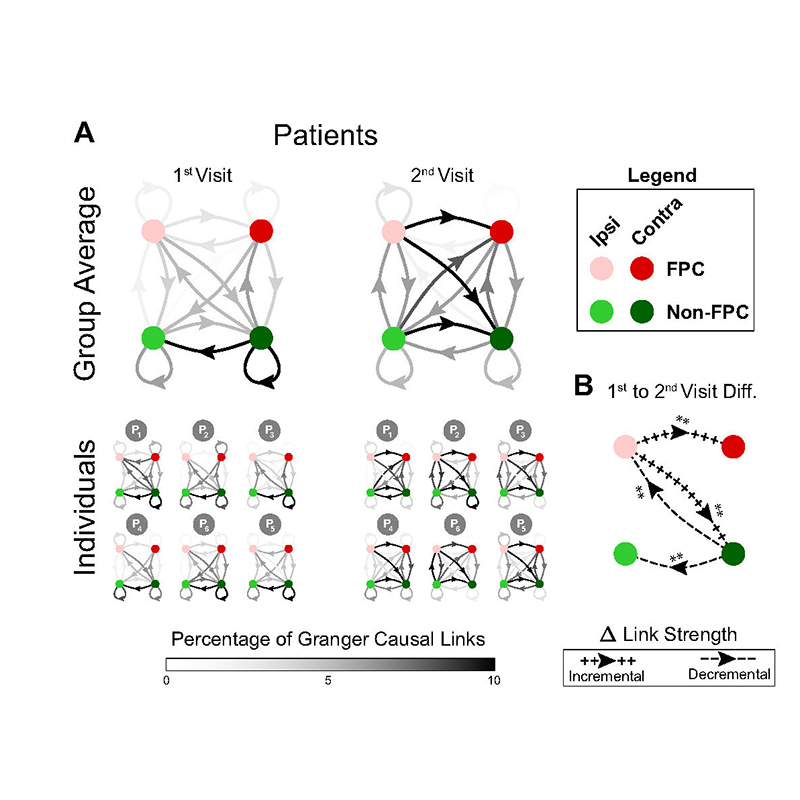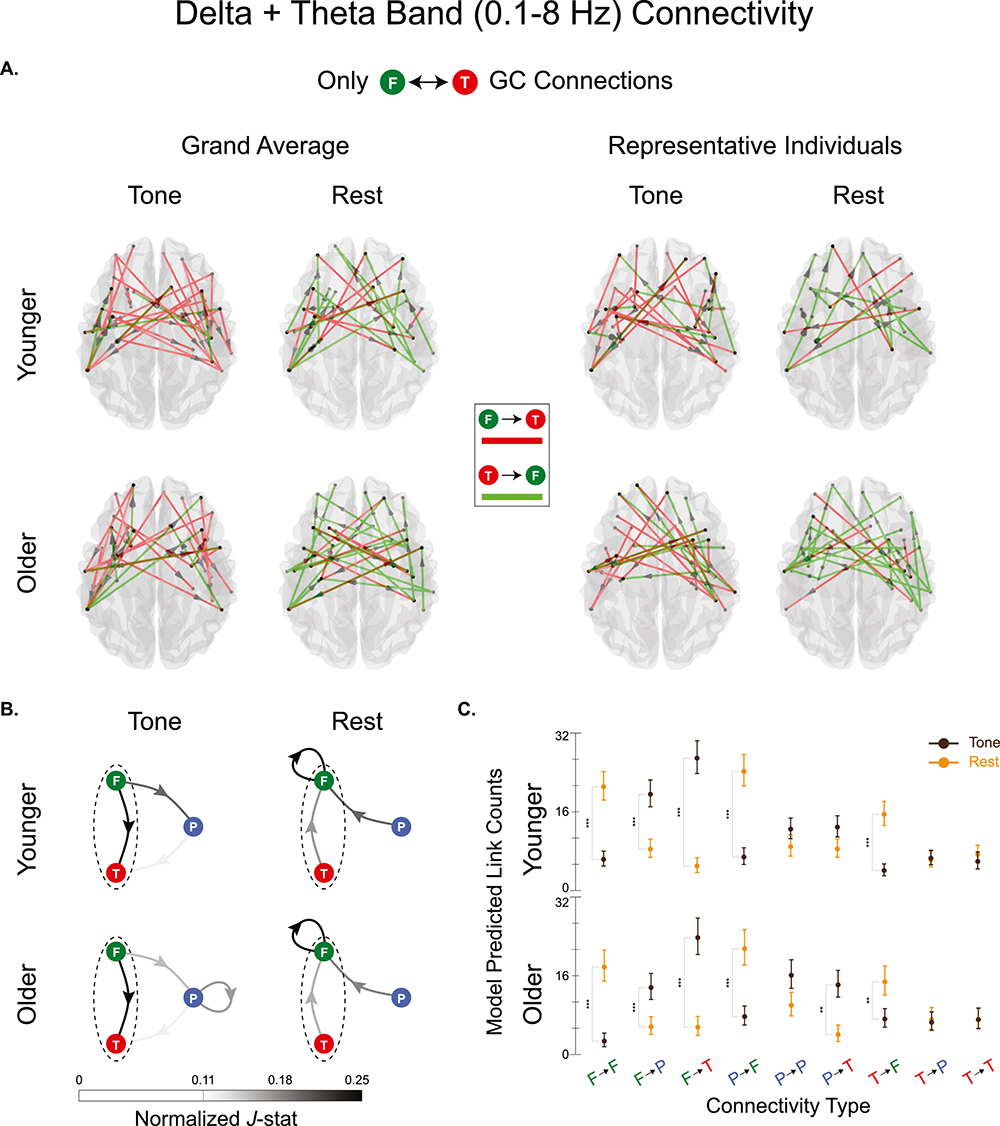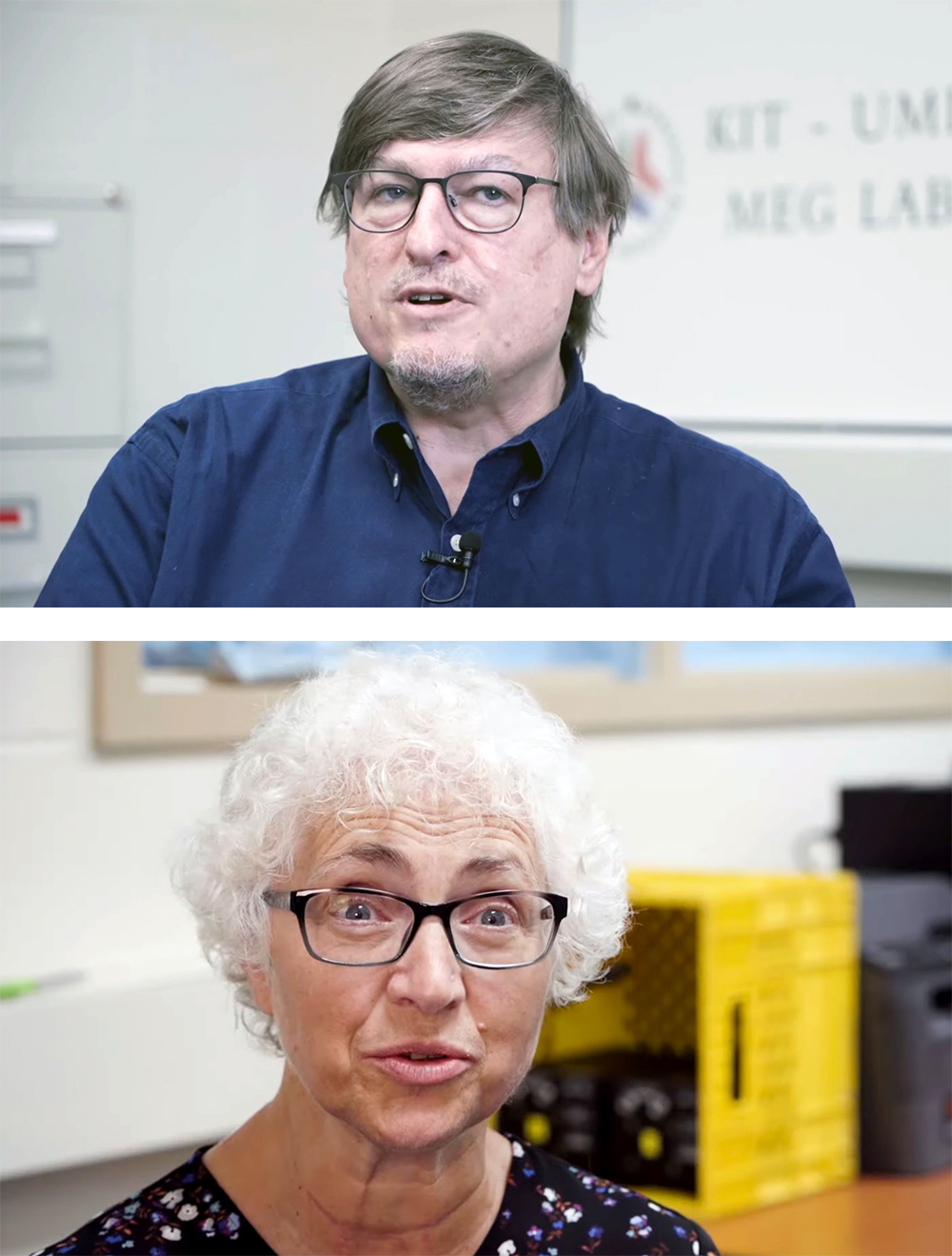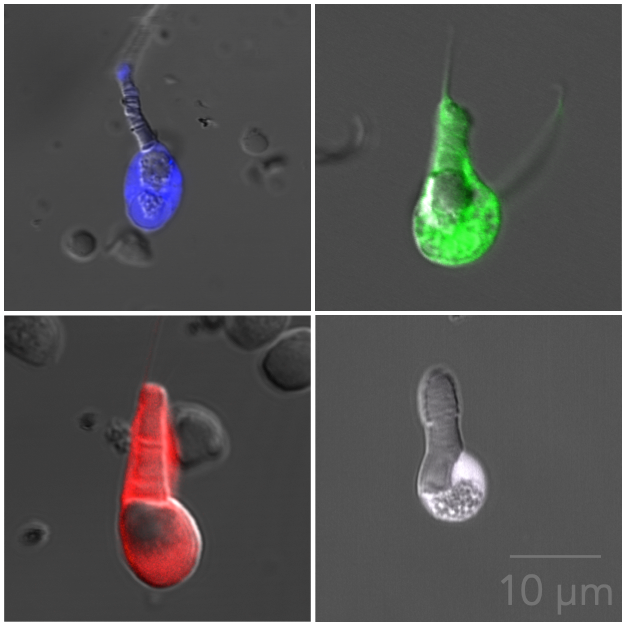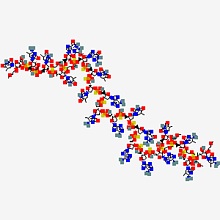News Story
NIH grant furthers poststroke recovery research of Marsh, Simon
Researchers funded by a new two-year, $460K grant from the National Institutes of Health National Institute on Aging hope to shed light on whether mindfulness training could be used therapeutically to help people who have had minor strokes experience more complete recoveries.
“Mindfulness Matters: The Impact of Mindfulness Based Stress Reduction on Post-Stroke Cognition” furthers research described in “Poststroke acute dysexecutive syndrome, a disorder resulting from minor stroke due to disruption of network dynamics,” published in the Dec. 29, 2020 edition of the Proceedings of the National Academy of Sciences of the United States of America (PNAS).
In that paper, researchers for the first time provided measurable physiological evidence of diminished neural processing within the brain after a stroke. They also suggested that poststroke acute dysexecutive syndrome (PSADES) is the result of a global connectivity dysfunction. The researchers included Johns Hopkins Associate Professor Elisabeth Marsh (JHU School of Medicine Department of Neurology), Professor Jonathan Simon (ECE/Biology/ISR), Joshua Kulasingham, Christian Brodbeck, Rafael Llinas, Dania Mallick and Rodolfo Llinas. | Read more here |
Marsh, Director of Johns Hopkins Bayview’s Comprehensive Stroke Center, was the principal investigator for the previous study, and continues in that role for the new grant, while Simon remains as the lead researcher from the University of Maryland. Neda Gould, Assistant Professor of Psychiatry, runs the Anxiety Disorders Center and leads the MBSR sessions.
“We don't fully understand how, regardless of their size or location in the brain, minor strokes can result in significant problems with focus, attention, and multi-tasking that prevent individuals from returning to an active lifestyle, and negatively impact quality of life,” Marsh and Simon say. “However, our preliminary MEG data suggest that there may be disruption of the neuronal network and abnormal frontal lobe activity in the brain after stroke.”
In the study, the researchers will evaluate patients’ depression, cognition, patient perception of recovery, and degree of re-integration into prior environments. Similar to the PNAS study, the new work again will use magnetoencephalography (MEG) brain scans, overseen by Simon. Between scanning sessions, half the patients in the study will receive mindfulness training, while the other half will participate in a more traditional Stroke Support Group. The MEG scans will help to determine neurophysiologic effects of mindfulness training on subacute post-stroke depression and cognition.
About the mindfulness training
Mindfulness Based Stress Reduction (MBSR) is an active combination of meditation, body awareness, and yoga that is believed to engage the frontal lobes of the brain. MBSR has been shown to improve anxiety and depression in patients with chronic disease states like migraine and diabetes. It has also been evaluated in a small series of patients with chronic stroke and traumatic brain injury, demonstrating improved performance during tasks of executive function. It is effective at treating anxiety and depression associated with frontal lobe dysfunction that occurs during the chronic phase of stroke recovery.
In this study, MBSR will be tested to see whether it can help improve cognitive outcomes in the frontal lobe during the first few months following hospitalization, when patients are making critical decisions regarding their ability to return to work or live independently. The MEG tool, which can image brain activity and neuronal networks, will provide information that can help clinicians understand brain changes that correspond to improvement after MBSR treatment.
A possible post-stroke treatment
Patients who have had minor strokes have tremendous potential to return to their prior level of function. But despite “good recoveries” from minor strokes, more than 40 percent of patients experience significant problems with concentration, attention, executive function, processing speed, and mood during the subacute phase of recovery. The impaired executive function and processing speed appear to occur independent of stroke size, location, or co-existing depression. This dysfunction prohibits individuals from fully reintegrating into their prior home and workplace environments and can result in early retirement or loss of independence, particularly in older adults. While some degree of recovery is observed by six months, it is often incomplete or comes too late to reverse prior life-altering decisions. Many people fail to return to work or successfully reintegrate into society.
The researchers’ prior work with MEG suggests that cerebral activation patterns are not only slowed and more dispersed during task completion in individuals with minor stroke compared to controls, but that there is abnormal activity in the frontal lobes, even at rest. Unfortunately, many patients do not qualify for rehabilitation and there is little data regarding effective treatment options to hasten or augment recovery.
Mindfulness training may provide an attractive therapeutic option. MBSR has been shown to improve anxiety and depression in patients with chronic disease states like migraine and diabetes, and has also been evaluated in a small series of patients with chronic stroke and traumatic brain injury, demonstrating improved performance during tasks of executive function. If effectiveness is proven, MBSR could provide a novel, non-pharmacologic treatment that could target areas of abnormality confirmed by MEG neuroimaging studies.
Published July 8, 2021

